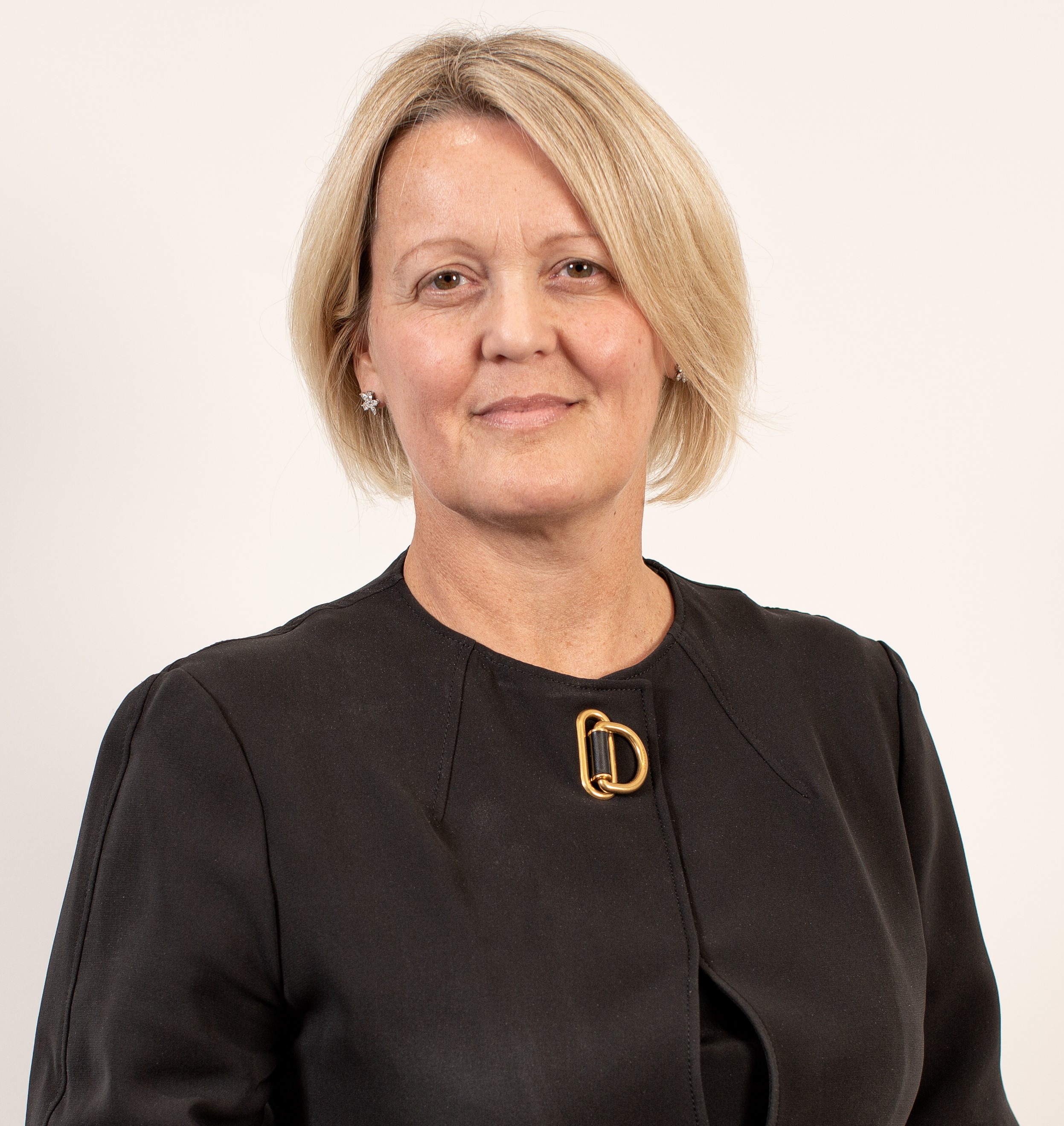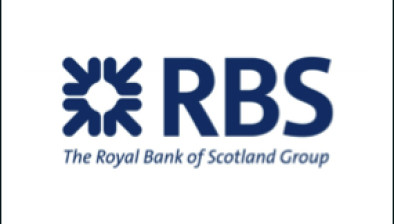RBS releases £100m of new funding for Scottish female entrepreneurs

Alison Rose, RBS CEO
The Royal Bank of Scotland has today announced an additional £100 million in funding to help support Scottish female entrepreneurs recover from the coronavirus.
The funds, which build on the bank’s backing of female-led business across the UK, will see £100m made available over the next four years with an ultimate aim of helping these businesses scale and grow.
In January 2020, the bank announced a UK £1 billion programme to help female entrepreneurship following the findings of The Alison Rose Review of Female Entrepreneurship (The Rose Review).
The biggest intervention by a UK lender focused specifically on female-led businesses, the extraordinary impacts of the coronavirus, and the success of the Government Lending Schemes, has had has seen unprecedented demand from female-led businesses for access to the funding and has seen it exceed its initial UK target four years ahead of plan.
In the face of this demand, investment in the programme has been doubled, with an additional £1bn of debt funding being made available, £100m of which is targeted at Scottish firms.
A central finding of The Rose Review was that the single biggest issue holding female entrepreneurs back is the lack of funding directed towards them. Traditionally women are less likely to take on debt than male-led businesses and this can impact their ability to scale and grow at the same rate.
This concern was further augmented through social listening activity during the bank’s Royal Bank’s Ask for More and 100 Women campaigns, which canvassed opinion of female start-ups across Scotland across 2019 and 2020.
The additional £100m funding will be open to both new and existing customers and represents new lending into the Scottish economy with the intention to continue to close the gap with male entrepreneurs.
The need for Support and encouragement for female entrepreneurs is needed more than ever due to the disproportionate impact of the crisis on women.
Recent research commissioned by the bank in conjunction with YouGov showed that:
- One in 10 female entrepreneurs across the UK plan to start a business in 2021.
- More than half (55%) of female business leaders would not recommend starting a business in their sector in 2021.
- Female entrepreneurs and business owners are 17% more likely to struggle balancing business with family life during the pandemic.
- Nearly three quarters (71%) of female business owners and entrepreneurs found managing their business stressful during the pandemic, compared with just over half of males (55%).
Alison Rose, RBS CEO, commented: “As we build a purpose-led bank that champions the potential of people, families and businesses up and down the country, we are committed to supporting the UK’s recovery from the crisis. However, if women find themselves at even more of a professional disadvantage on the other side of this crisis, then we’ll be attempting to build an economic recovery whilst ignoring a huge area of potential.
“All of us, from ministers to employers, have a duty to ensure that further pain isn’t felt disproportionately by women and that anyone who retains an ambition to start or grow a business is helped with targeted and innovative assistance. We’re determined to play our part and I’m pleased to confirm that we are now able to launch a second tranche of funding to continue and extend our support to female entrepreneurs and business owners.”
Paul Scully, small business minister and co-chair of the Rose Review Board, said: “We want to make the UK the best place in the world to start and grow a business and that means backing entrepreneurs from all walks of life, regardless of gender or ethnicity.
“It is fantastic to see a large company like NatWest doubling its support for female-led businesses to £2bn, giving a lifeline to thousands of companies as we build back better from coronavirus.”
Martin McTague, policy director of the FSB, added: “FSB research shows women-led small businesses are less likely to access any form of external finance than their male counterparts, with a quarter of women business owners telling us that the ability to access finance is a key challenge to starting their own business. Dedicated funds like this, promoted to current and potential small business creators, could make a real difference.”
Hannah Essex, co-executive director at the BCC, said: “There is no questioning the talent and capability of so many women who want to set up and run their own businesses in the UK. It is vital that these brilliant women are supported with the investment they need to get their ideas off the ground. As the UK gradually emerges from the pandemic then this additional financial support will be a welcome boost to female entrepreneurs looking to lead the economic recovery.”










